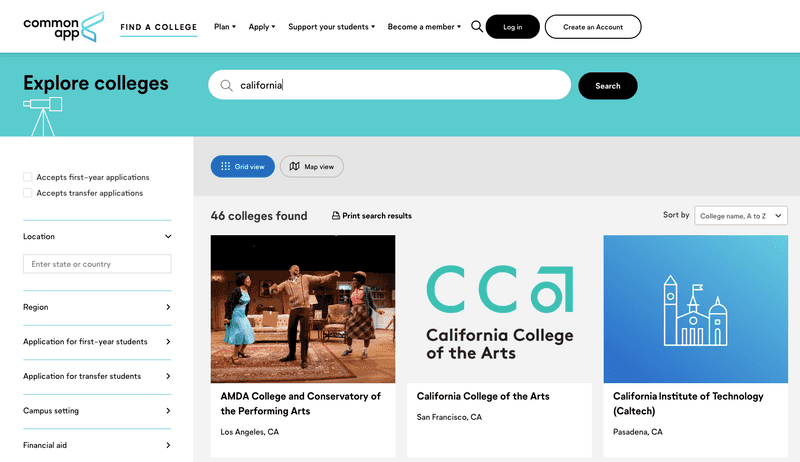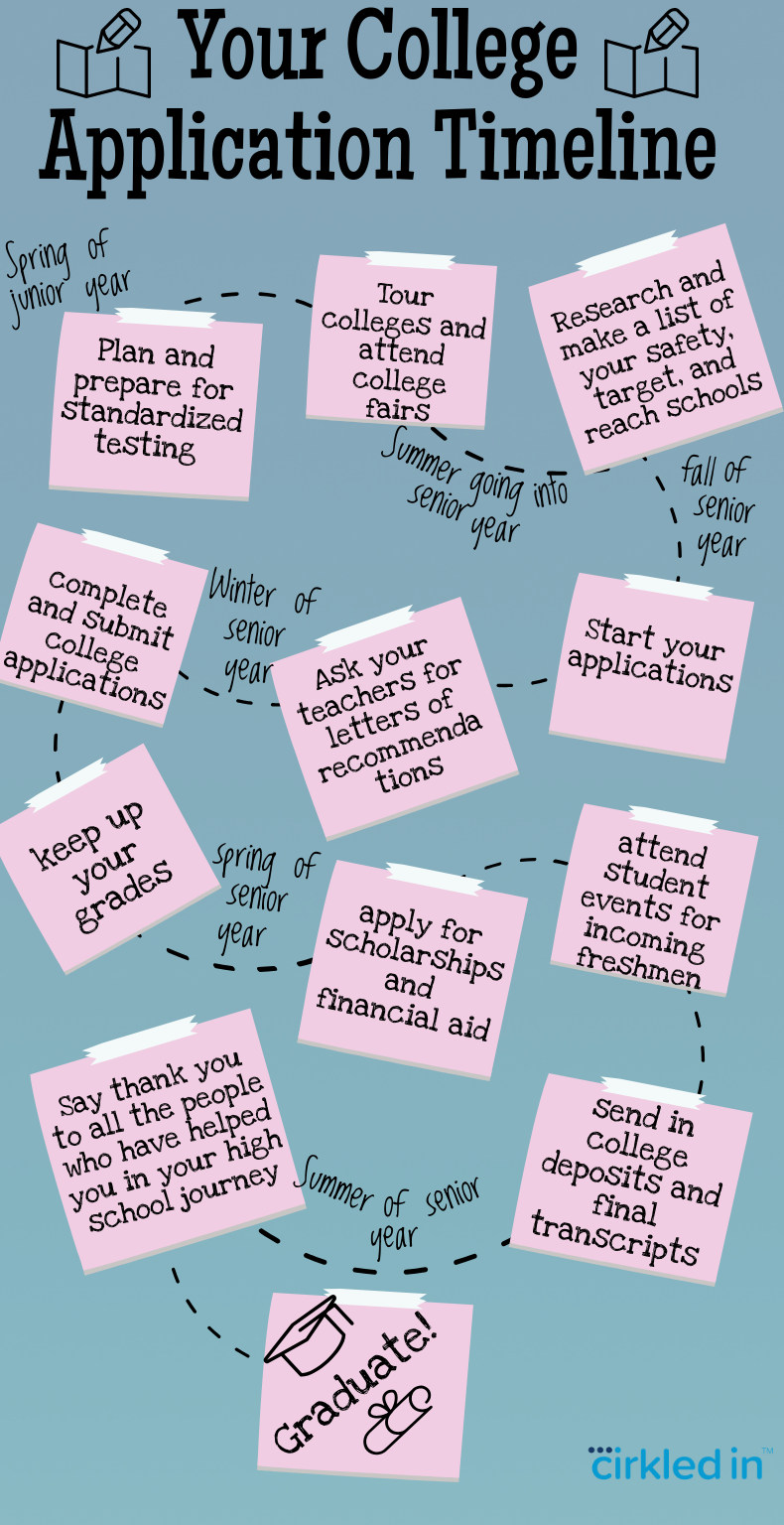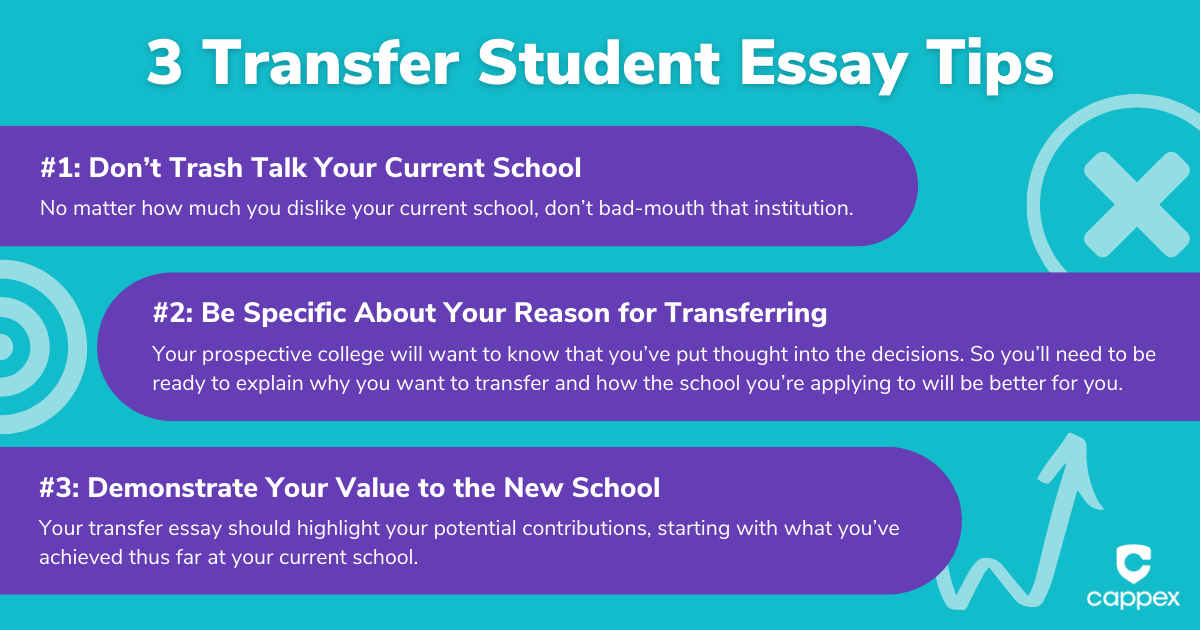A Parent’s Guide To Survive The College Application Experience

Empower Your Teen for College Success: The Parental Support Playbook
As a parent, watching your teen navigate the college admissions process is like watching them prepare for the most important interview of their life. It’s a time filled with hope, dreams, and, let’s be honest, a fair bit of stress. But here’s the good news: you’ve got a role to play—a supportive coach cheering from the sidelines, ready with strategies and encouragement. Let’s get them across that finish line, shall we?
Key Takeaways: Article-at-a-Glance
- Discover how to be the support your teen needs during the essay writing process without taking over.
- Learn to help your teen interpret essay prompts and brainstorm ideas effectively.
- Understand the importance of crafting a compelling introduction and how to guide your teen in writing one.
- Gain insights into organizing thoughts and creating outlines that will serve as a roadmap for your teen’s essay.
- Explore the benefits of a strong partnership between you and your teen during this pivotal time.
Navigating the College Admission Essay Process Together
Think of the college admission essay as your teen’s moment in the spotlight. It’s their chance to tell their story, showcase their uniqueness, and make a memorable impression. Your role? You’re the stage manager, ensuring the spotlight is just right. You’re there to guide, not to write. It’s about empowering them to express their voice and vision.
Decoding Essay Prompts: A Collaborative Approach
Essay prompts can seem like a puzzle to your teen. They may wonder, “What are they really asking?” This is where you step in. Sit down together and break down the prompt. What’s the underlying theme? What personal experiences could link to the question? Your job is to ask the questions that get those wheels turning in their head.
Setting the Stage: Organizing Ideas and Creating Outlines
Now that your teen has a grasp on the prompt, it’s time to organize their thoughts. Encourage them to jot down ideas, no filter. Then, work together to find connections, creating an outline that acts as a blueprint for their essay. This step is crucial—it’s like plotting the route for a road trip, ensuring they don’t get lost along the way.
The Art of Crafting a Standout Introduction
The first few sentences of the essay can make or break the reader’s interest. Teach your teen the power of a strong hook—a vivid image, an intriguing question, or a surprising fact. This isn’t just about getting the reader’s attention; it’s about setting the tone for their entire essay, promising a journey worth taking.
Hook Techniques: Starting with Impact
Let’s talk hooks. A great hook grabs your reader’s attention and refuses to let go. Encourage your teen to open with a bang! Maybe it’s a bold statement, a slice of dialogue, or a scene that places the reader right in the middle of the action. This isn’t about gimmicks; it’s about making the reader think, “I need to read more.”
Thesis Statements: Guiding Your Teen’s Focus
Every essay needs a compass, and the thesis statement is just that. Help your teen craft a thesis that’s clear, concise, and packed with their personal insight. It should be the flag they plant in the ground, the point they’ll prove through their story. This is their chance to say, “Here’s what I believe, and here’s how I’ll show you.”
The Core of the Essay: Structuring Powerful Body Paragraphs
Body paragraphs are the meat of the essay. They’re where your teen turns their outline into compelling storytelling. Each paragraph should focus on a single idea, one that supports the thesis and builds the case for your teen’s unique perspective. Think of it as laying down tracks for a train, guiding the reader through their thought process.
Expanding Ideas: From Outline to Paragraphs
Outlines are just the skeleton; now it’s time to add muscle. Walk your teen through expanding their bullet points into full paragraphs. This means adding details, personal anecdotes, and reflection. Encourage them to dig deep and find the stories that only they can tell, the ones that bring their ideas to life.
Using Evidence: Teaching Your Teen to Support Their Claims
An essay without evidence is like a peanut butter sandwich without the jelly—it’s just not complete. Show your teen how to weave in facts, examples, and data that back up their claims. Teach them to be detectives of their own experiences, finding the proof that makes their essay stand out as thoughtful and well-reasoned.
Finishing Strong: Writing a Memorable Conclusion
The conclusion is the final note in your teen’s symphony, the closing argument in their trial. It’s not just a summary; it’s their last chance to resonate with the reader. Guide them to reflect on their journey, to look to the future, and to leave the reader with a thought that lingers long after the last word is read.
Summarizing the Journey: Beyond Restating the Thesis
A conclusion is more than a summary. It’s the encore, the final display of fireworks that leaves the audience in awe. Encourage your teen to reflect on their growth, the lessons learned, and how their experiences have shaped them. This isn’t just about wrapping up; it’s about giving the reader a glimpse into their potential future as a college student.
Call to Growth: Leaving the Reader with Forward-Thinking Ideas
The best conclusions inspire the reader to think differently, to feel a sense of possibility. Guide your teen to end their essay with a forward-looking statement that speaks to their ambitions and potential. This is their moment to show colleges that they’re not just ready for academic challenges but eager to make a difference in the world.
Polishing the Gem: Editing and Proofreading Tactics
Once the writing is done, the polishing begins. This is where good essays become great. Teach your teen the value of editing—not just once, but multiple times. Encourage them to read their essay aloud, to catch those tricky errors that hide in plain sight. Editing is about fine-tuning, ensuring the essay shines in its best light.
Peer Review vs. Parent Review: When to Step Back
It’s tempting to take a red pen to your teen’s essay, but sometimes the best help is a step back. Encourage them to seek peer reviews; fresh eyes can offer valuable insights. Remember, your role is to support, not to rewrite. Give them the space to own their work, and they’ll produce something truly authentic.
Grammar and Style: Ensuring Clarity and Cohesion
Grammar is the framework that holds the essay together, and style is what makes it sing. Work with your teen to ensure their essay is not just correct, but also clear and engaging. This means choosing the right words, varying sentence structure, and using a voice that’s unmistakably theirs. It’s the difference between a good essay and a great one.
Leveraging Resources: When to Seek Professional Help
There comes a point when an outside perspective can make all the difference. If your teen is struggling, consider a professional essay coach. They can provide the structure, feedback, and expertise that can elevate an essay from good to exceptional. It’s about giving your teen every advantage in this competitive process.
Essay Coaching: A Worthwhile Investment?
As the college application season heats up, you might be wondering if hiring an essay coach is a smart move. Here’s the scoop: a good coach can be a game-changer. They bring a wealth of experience and can offer tailored advice that can transform an essay from ‘meh’ to ‘wow’. But remember, the best coach empowers your teen to find their voice, not replace it.
Finding the Right Fit: Evaluating Admission Essay Services
When it comes to essay services, it’s not one-size-fits-all. It’s crucial to find someone who clicks with your teen’s personality and understands their aspirations. Look for services with proven success stories and ask for samples. Transparency is key, and a good service will be proud to show off their work and how they’ve guided students to success.
Reaping the Benefits: A Look at Successful Applications
Let’s talk results. Successful applications have a few things in common: a clear narrative, a strong personal voice, and an essay that ties it all together. These are the applications that stand out in a sea of sameness, the ones that admissions officers remember when decision time rolls around.
Case Studies: Lessons from Winning Essays
Real-life success stories can teach us so much. Take John, who wrote about his passion for robotics in a way that revealed his leadership skills and resilience. Or Maria, whose essay on community service highlighted her empathy and drive for social change. These essays worked because they were authentic and well-crafted narratives of who the students are.
Expert Insights: Incorporating Proven Strategies
Experts agree: the best essays showcase a student’s ability to reflect on their experiences and articulate their goals. They recommend starting early, being genuine, and using specific examples to illustrate larger points. It’s not about impressing with big words; it’s about connecting with the reader on a human level.
FAQ: Answering Your Admission Essay Concerns
Got questions? You’re not alone. Let’s tackle some of the most common concerns head-on, so you can guide your teen with confidence.
How early should my teen start working on their essay?
The early bird gets the worm, and the same goes for essay writing. Starting early means less stress and more time for revisions. Aim for the summer before senior year to begin brainstorming ideas.
Is it appropriate for parents to write or edit portions of the essay?
It’s a fine line. Your role is to advise, not to author. Offer constructive feedback but resist the urge to rewrite. The essay should be a reflection of your teen’s abilities, not yours.
What are colleges truly looking for in an admission essay?
Colleges want to see the person behind the grades. They’re looking for a well-told story that reveals character, passion, and potential. It’s less about the topic and more about how it’s presented.
How can my teen stand out among thousands of applicants?
Encourage your teen to dig deep and share something meaningful. It’s their unique perspective and authentic voice that will make their essay shine in a pile of applications.
Are there any tools or resources you recommend for essay writing?
Absolutely! Aside from books and online resources, consider the Keys to the CASTLE Jump Start Report, which is packed with insider tips to help your teen craft an exceptional essay and navigate the college admission process with more success and less stress.
How early should my teen start working on their essay?
Timing is everything, and when it comes to college essays, earlier is better. Ideally, your teen should start brainstorming topics the summer before their senior year. This head start allows for plenty of time to draft, reflect, revise, and polish without the added pressure of looming deadlines. Plus, it provides a buffer for those inevitable moments of writer’s block.
Is it appropriate for parents to write or edit portions of the essay?
Your role in the essay process is akin to a coach, not a player. It’s okay to provide guidance, feedback, and encouragement, but the writing should be your teen’s own. Colleges can tell when an essay doesn’t match a student’s voice and level of maturity. So, offer suggestions, but let your teen do the writing and make the final decisions.
What are colleges truly looking for in an admission essay?
Colleges are on the lookout for authenticity and a glimpse into the applicant’s world. They want to understand who your teen is beyond grades and test scores. A great essay demonstrates thoughtfulness, self-awareness, and the ability to grow and learn from experiences. It’s not just about what happened, but how your teen reflects on those events and their impact.
How can my teen stand out among thousands of applicants?
To stand out, your teen needs to be true to themselves. This means choosing a topic that’s meaningful to them, not what they think admissions officers want to hear. Encourage them to show their personality, quirks, and passions. A unique voice, a compelling story, and a clear sense of self can make an essay—and your teen—unforgettable.
Are there any tools or resources you recommend for essay writing?
There’s a wealth of resources out there to help your teen craft a standout essay. Books on writing, online workshops, and articles are great places to start. For a comprehensive guide, consider the Keys to the CASTLE Jump Start Report. It’s a valuable resource designed to help students navigate the college admission process with confidence and ease.
In conclusion, the college admission essay is a pivotal piece of your teen’s application. It’s their chance to shine, to show colleges who they are and what they bring to the table. As a parent, your support, guidance, and encouragement can make all the difference. Remember to start early, be genuine, and use the resources available to help your teen tell their story in their own voice. With the right approach, your teen can write an essay that not only stands out but also truly represents who they are, paving the way for their future success.
And if you’re looking for a resource that offers a strategic edge, the Keys to the CASTLE Jump Start Report is an excellent investment. It provides insider knowledge and practical tips to help your teen present their best self to admissions committees. By leveraging these insights, your teen can approach their college admission essays with more success and less stress, ready to make a lasting impression.




